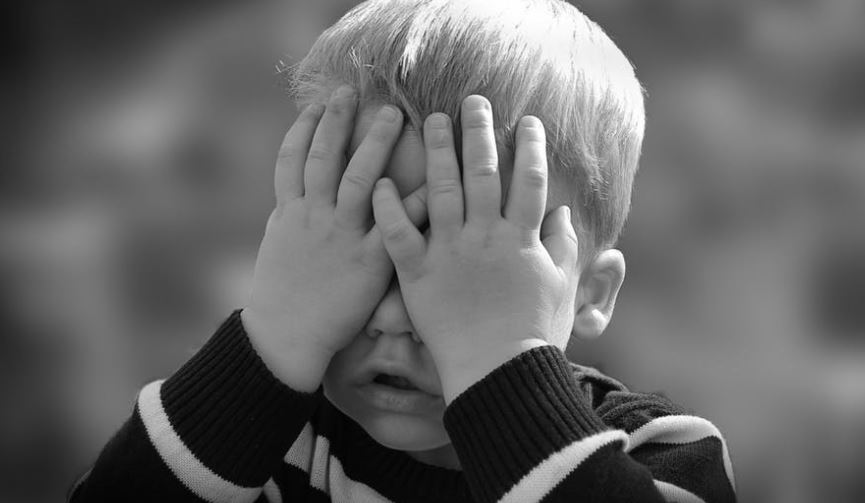
In another movie of my youth (once again, the title of which I haven’t been able to definitively discover), there’s a scene where the hero meets a clan of centaurs. In the scene, the centaurs explain how they made a deal with the gods that would enable them to see the future. After they had completed their end of the bargain though, the gods tricked them. The gods gave them the ability to see the future, but the only part of the future they could see was the exact nature of their own deaths.
I don’t know why this scene stuck with me, but I wonder if humanity wasn’t subject to a similar trick. One of the greatest gifts we possess as humans is our ability to reason. Given a current set of circumstances, we have become masters at reasoning out how the future will play out. This ability has obviously conferred a tremendous evolutionary advantage to us, as by reasoning out the repercussions of numerous potential actions, we can choose the action that leads to our desired outcome.
I’d like us to think back, however, to the first creatures to think about the future in this way. You can imagine that at first it seemed like the greatest gift ever given. At some point however, that gift gave us an insight about ourselves. As we witnessed the aging and eventual deaths of those around us, there must have been that first moment of insight about our own future–if all of the others decline as they get older and eventually die, that means that I too shall someday die.
Imagine the first creature who realized the ultimate and ultimately personal consequence of their reasoning–I too shall die. There had to be a first moment, the first thinking being of its kind to realize that it would one day end. I wonder what that realization did to that creature? Was it able to continue as it had before, or did this realization stop it in its tracks? Did it make it depressed? Was it higher functioning after this realization, or did it despair that its greatest gift, the ability to see the future, had made its very existence untenable?
The fact is that reason is a double-edged sword. It can help us control the future, but it also shows us likely future outcomes beyond our control that we’d much prefer not know about. This tendency for humans to deny unpleasant realities isn’t limited just to death either. I’ve been an entrepreneur my entire life. As such, I’ve often been asked to mentor younger entrepreneurs. When doing so, I’m often asked what one thing an entrepreneur can do in order to most ensure their success.
My answer is almost always the same–look at that thing you’re currently too afraid to look at. Look at the thing that keeps you up at night. Stop worrying about this minor design decision or your latest marketing copy, and look at the issue you already know about that will destroy your business. Usually this issue is painfully obvious. If they were looking at anyone else’s company, they would see it immediately. When it comes to their own company however, they’re blind. And it’s not a normal kind of blindness either–it’s a blindness born from fear. When they finally name that which they most fear, however, like a thorn being removed, I can feel the discomfort, but I can also feel the overwhelming relief.
Amazingly though, the clarity rarely lasts. Most entrepreneurs will find a way to bury the seed of their own destruction again and again. They’ll rationalize the obvious untenability of their company because they can’t stand the idea of having to quit or start again. A few, however, have the courage to look steadily at their fear and act. Those are the real entrepreneurs. They are the ones who ultimately win.
When I look at how natural it was for me as a child to forget my first encounter with death, when I see the statistics on how many people believe in an afterlife, when I see brilliant entrepreneurs fail to see that which will destroy them, I have to conclude that a powerful brain function has evolved to facilitate these contradictions. And that’s what I mean by “denial by design”. We’ve evolved to deny the natural conclusions of our reason when it tells us something painful.
Now some of you may note that if our brains have developed this function, it must confer some selective advantage, so perhaps we should leave well-enough alone. Maybe. But I would argue that the power of a real faith, the kind of faith that has transformed us in the past, lies in its ability to overcome human nature. Kindness isn’t natural. Forgiveness isn’t natural. Delayed gratification isn’t natural. We’ve had to fight our base instincts, often through faiths, to evolve.
And just like the faiths of old have enabled us to become more than our natural selves, so too do I believe that Thanatism–the purposeful acceptance of our own deaths–can help us evolve into something better than we currently are. We’ll discuss this more later, but rest assured–Thanatism is not an impotent faith–just the opposite. It may grant us a gift most of us currently lack, and that gift may be our salvation.
